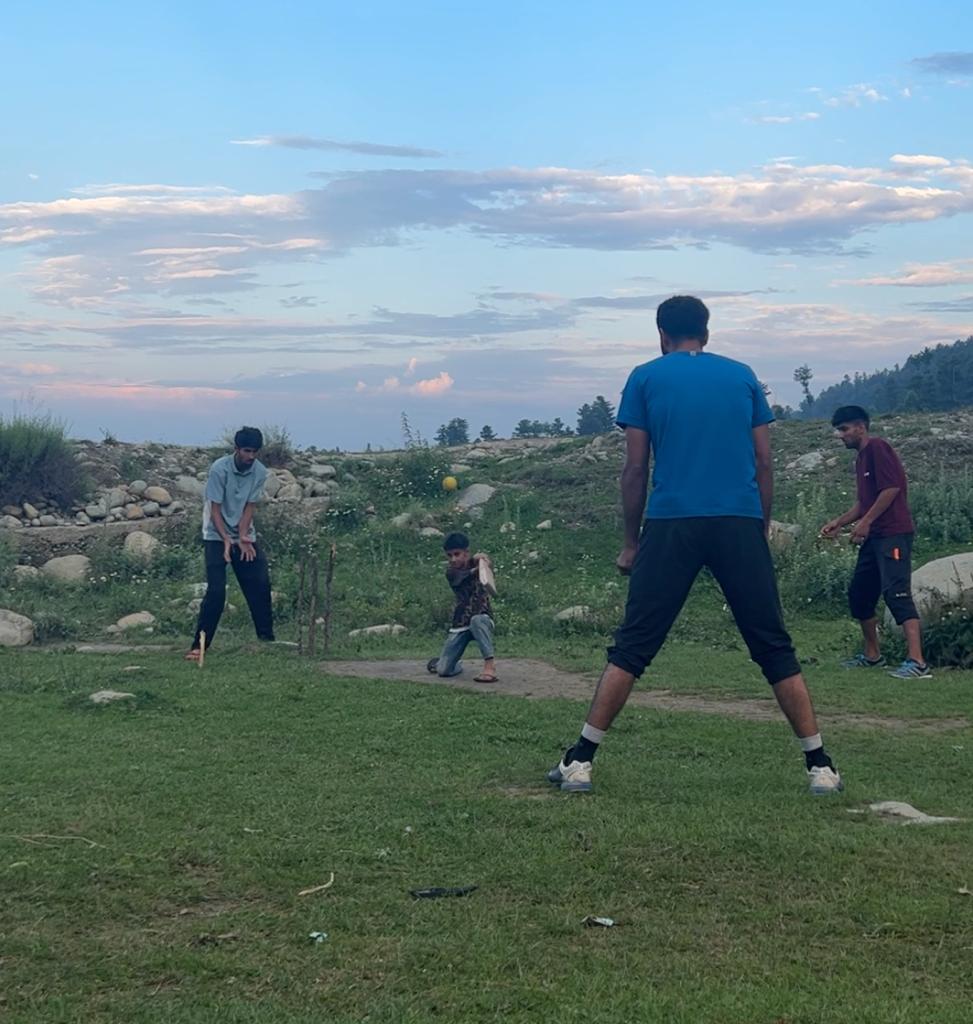By: TURHAAN VANI
Village cricket has long been cherished as a symbol of camaraderie, community, and the love for the game. It serves as a nurturing ground for budding talent, enabling young players to showcase their skills and learn valuable lessons on and off the field. However, an unfortunate trend has emerged in recent times, where certain tournament organizers prioritize profits over the development of young players. This exploitative approach threatens the essence of village cricket, casting a shadow over its rich heritage. It is imperative to shed light on these unethical practices and advocate for the preservation of the game’s integrity.
Exploitative Tactics:
Unscrupulous tournament organizers have been known to employ various tactics aimed at maximizing profits while disregarding the well-being and future prospects of young players. One common approach is to target talented young captains and players who show promise, only to exploit them for short-term financial gains. These organizers often lure these individuals with promises of lucrative contracts and financial rewards, only to discard them once their purpose has been served.
The Consequences:
By prioritizing financial gains over nurturing young talent, these organizers undermine the very essence of village cricket. The impact on the affected players is significant, as their dreams of pursuing a cricketing career are shattered, leaving them disillusioned and disheartened. Furthermore, this exploitative practice creates an atmosphere of distrust and uncertainty among young cricketers, discouraging them from investing their time and efforts in the game.
Preserving the Spirit of Village Cricket:
To safeguard the spirit of village cricket, collective action is essential. The following measures can be implemented to address the issue effectively:
Establish Regulatory Bodies: Village cricket associations and governing bodies should take an active role in monitoring tournaments and organizers. They must ensure strict adherence to ethical guidelines, penalizing those found guilty of exploiting young players.
Awareness and Education: Creating awareness among young players, their parents, and local communities about the deceptive tactics employed by exploitative organizers is crucial. Education programs can be conducted to equip them with the necessary knowledge to identify and avoid such unscrupulous individuals.
Player Support Systems: Local cricket clubs, coaches, and mentors should establish support systems to assist young players in navigating the challenges they face. Offering guidance, mentoring, and providing access to legitimate opportunities can protect them from falling prey to exploitative organizers.
Sponsorship and Funding: Encouraging local businesses and sponsors to invest in village cricket tournaments can help create a sustainable ecosystem that focuses on player development rather than short-term gains. This financial support can contribute to the growth and prosperity of young players, ensuring they receive the opportunities they deserve.
Conclusion:
Village cricket tournaments have always been a breeding ground for talent and a source of immense pride for local communities. The actions of a few exploitative tournament organizers threaten to erode the foundations of this cherished sport. By raising awareness, implementing stringent regulations, and fostering an environment that prioritizes the welfare and development of young players, we can ensure that village cricket continues to thrive in its purest form. Let us unite to safeguard the integrity of the game and protect the dreams of our aspiring cricketers.






